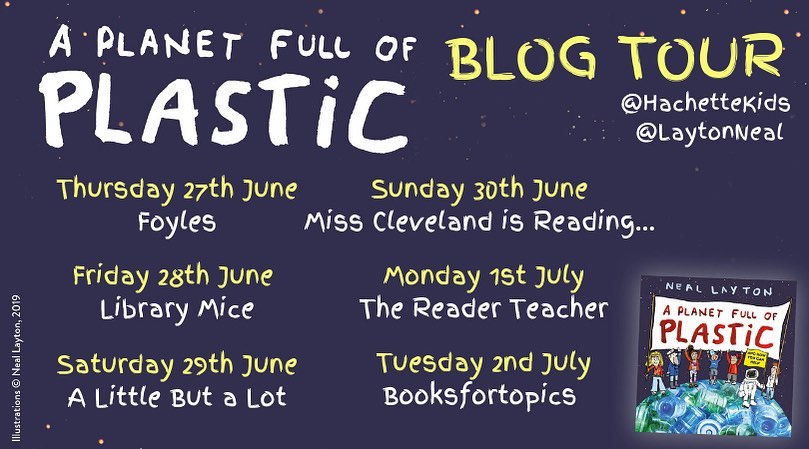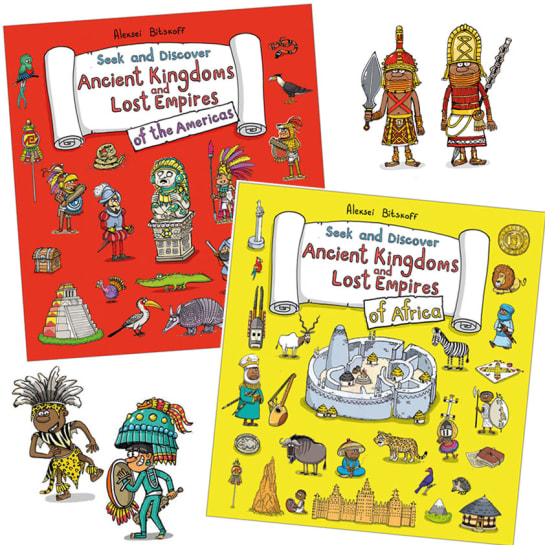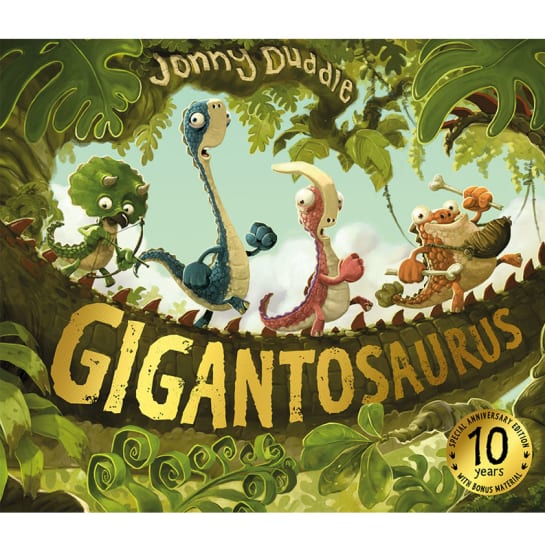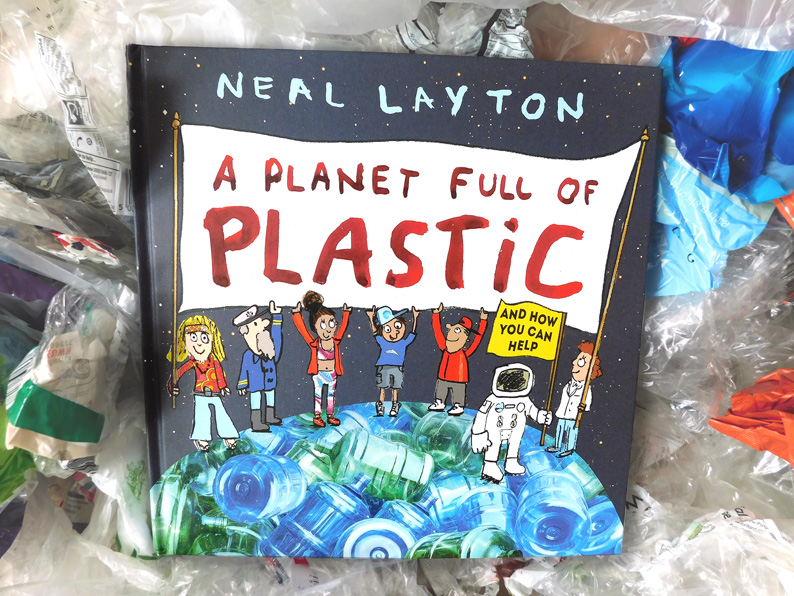
The recent BBC television series Blue Planet 2 highlighted the devastating threat posed to the planets oceans by over use of plastics and the ireprable damage they are causing to our marine life, Sir David Attenborough urged people to use less plastic immediately and since the series aired it is estimated that 88% of viewers have dramatically cut their plastic use.
In June we will be celebrating the publication of award winning author and illustrator Neal Layton’s A Planet Full of Plastic, an approachable honest look at recycling, it’s uses, environmental impact and it’s invention. This brilliant educational book will get young readers excited about how they can make a difference to keep Planet Earth happy.
“Everything is made of stuff. Some things are made of paper, like this book. And some things are made of PLASTIC. If you look around you, plastic is everywhere. Even in places where it’s not meant to be. If it drops to the ground, it doesn’t rot away – it sticks around for ever.”
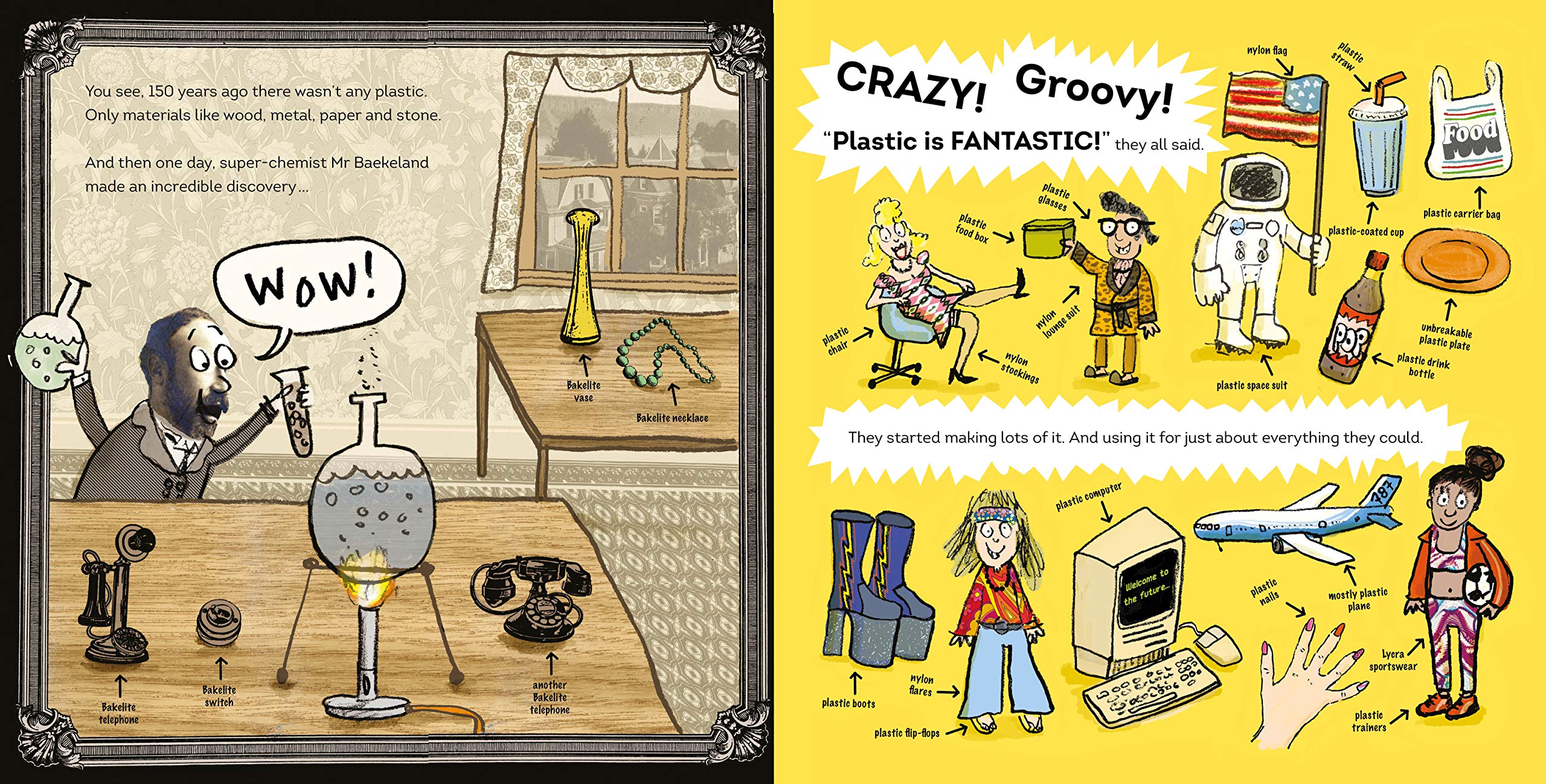
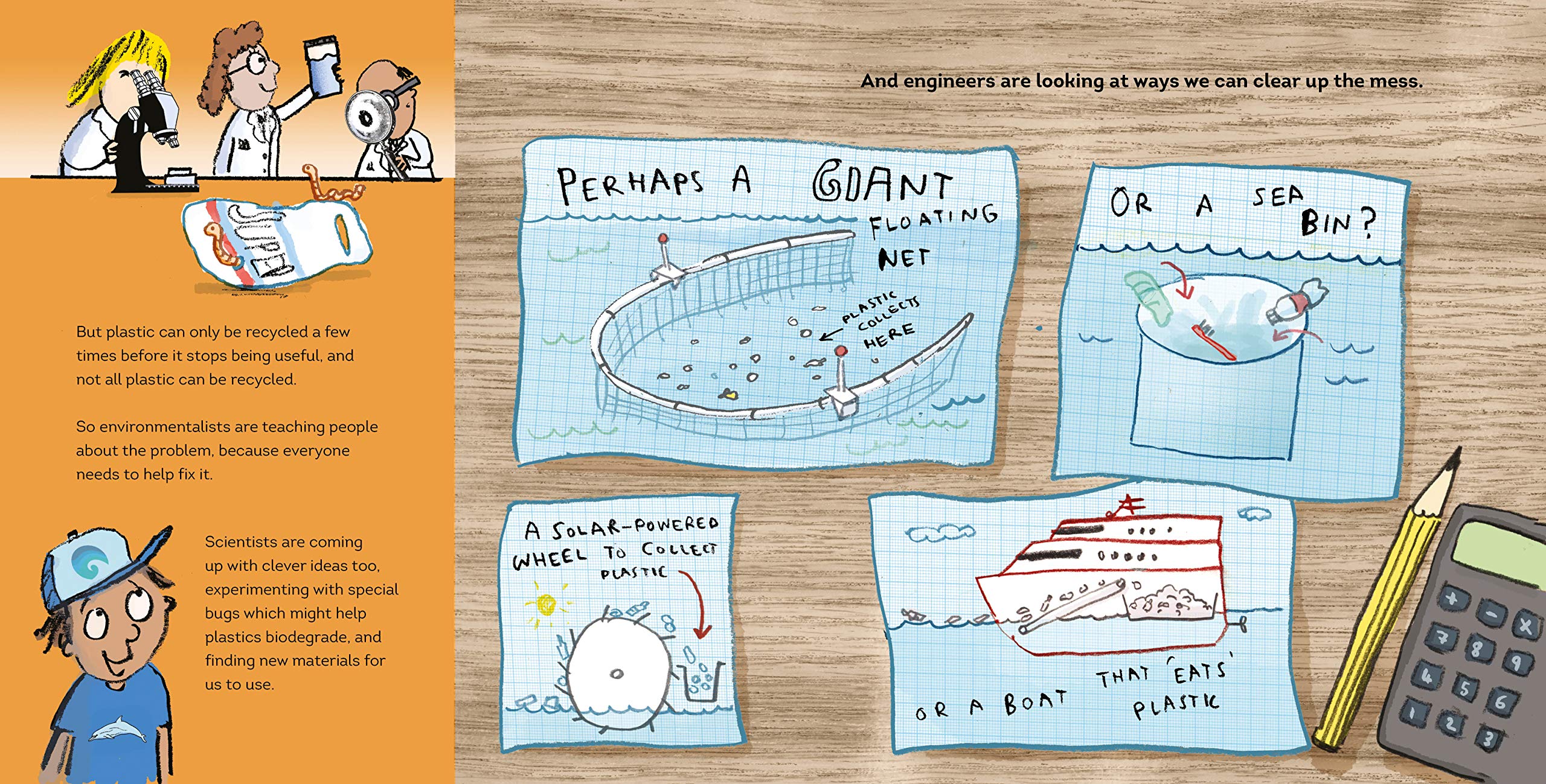
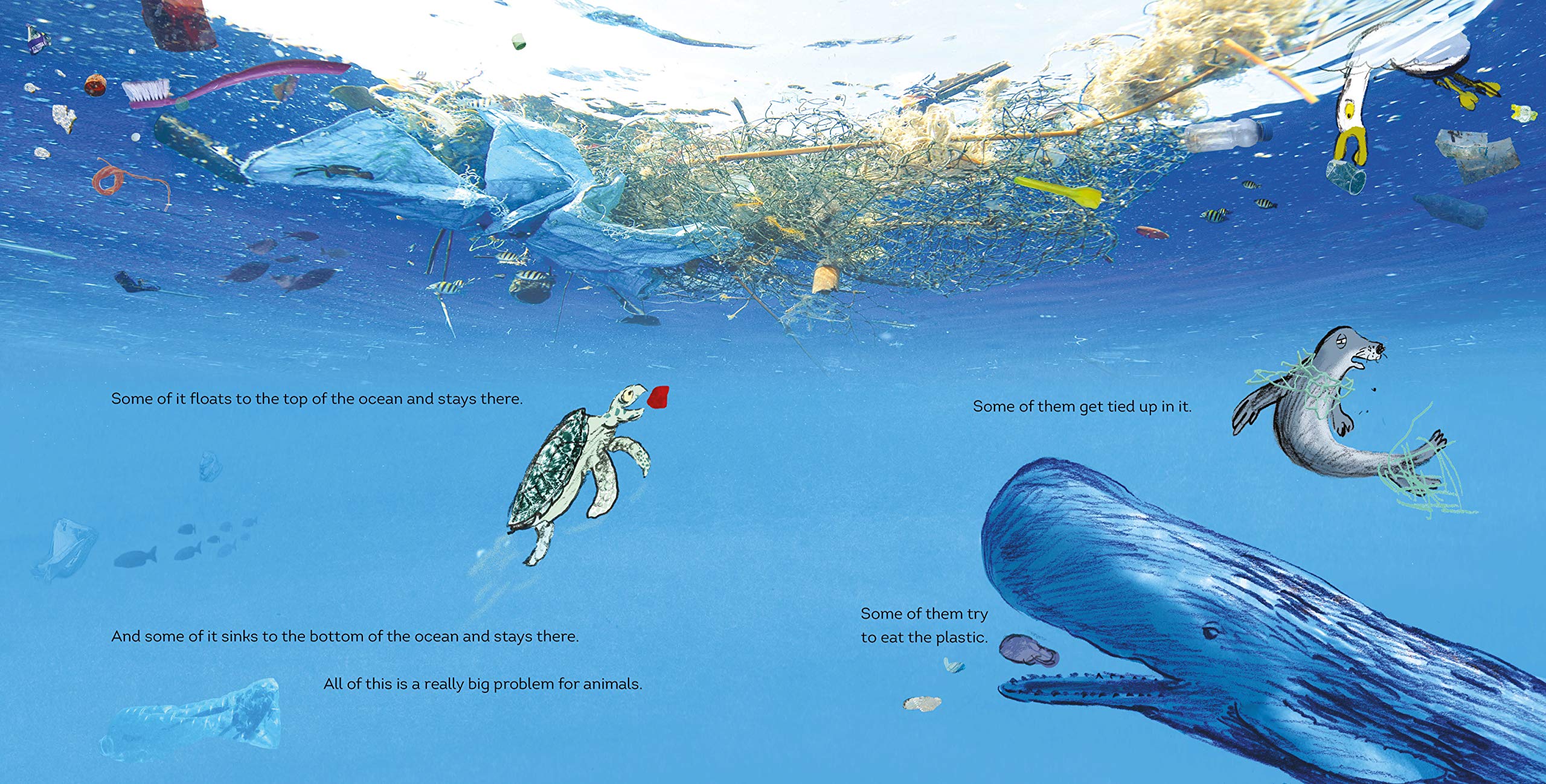
We asked Neal to tell us a little bit about his work on this special book…
A Planet Full of Plastic really was a book I felt I HAD to write. I felt I knew a bit about the plastic problem, after all I had a’ keep-cup’ but making this book really was an enlightening journey for me.
The first thing I did when researching was to start keeping all the plastic packaging that came into our house. Quite quickly this became unmanageable because of the sheer volume of packed, bags, bottle tops, tubs that started filling up my studio. It really did surprise me just how quickly it accumulated, and sadly a lot of it was not recyclable.
Also when we were out and about as a family I also asked my daughters to tell me if they saw any plastic pollution. They were very helpful in this! Every bit we found we photographed, and then collected to dispose of properly, but again quite quickly we had to limit the game as there was just SO much, and we found we were spending all our time photographing and collecting rubbish. NB: We still do 2 minute beach and park cleans though!!
I also had a lot of help from Clare Seek, a local environmentalist and mum, and David Jones, who is also an environmentalist, underwater photographer and one of the leading experts on microplastics in the world and because of their invaluable help this book is dedicated to them.
One of the nicest things about making this book was the help I received from everyone I met along the way, whether they were environmentalists, scientists, families, children… I got a real sense everyone ‘wanting to do something’ about the problem, and that is something I wanted to put into the book.
Because making it is my way of ‘doing something’ to help the problem, and researching, writing and illustrating it really was a life changing experience for me.
My hope is that people reading it might experience something similar.
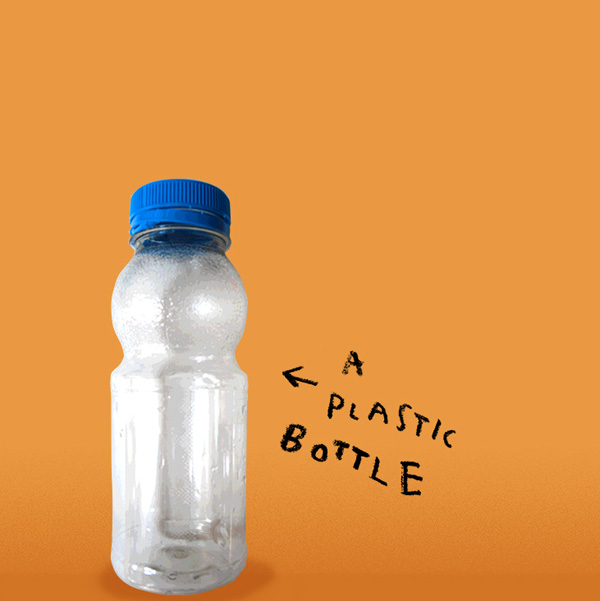
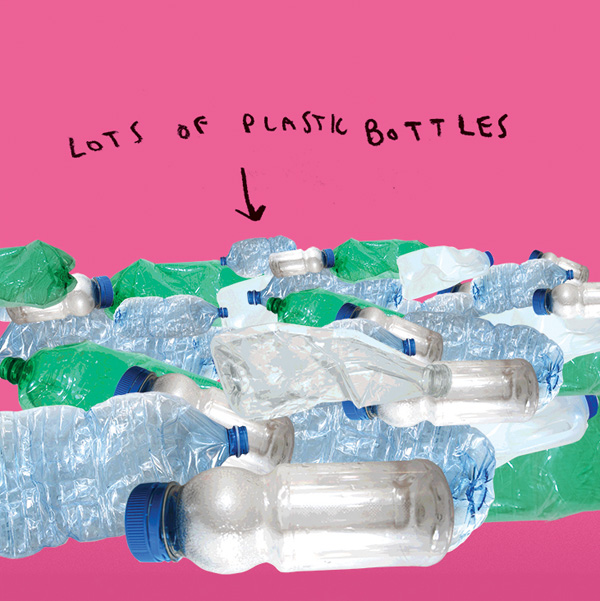
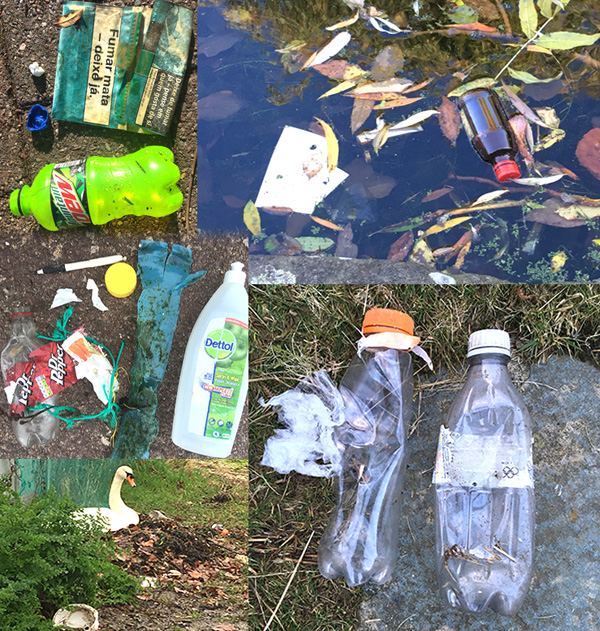
Neal’s brilliantly evocative collage illustrations make this an accessible and engaging read, an essential educational tool for classrooms and libraries and the perfect read for young nature lovers.
A Planet Full of Plastic publishes with Hachette Children’s Books (@wrenandrookbook) – You can pre-order a copy HERE
View Neal’s online portfolio HERE or follow him on Instagram and Twitter
Neal talks about the inspiration behind and the creation of this book in an interview with Foyles over on their website HERE
Here are TEN TOP TIPS for reducing your plastic usage.
1- Use a reusable coffee cup – around 2.5 billion coffee cups are discarded each year.
2- Have a water bottle to hand – plastic bottles are the most frequently found items on beach clear ups.
3- Say no to plastic cutlery.
4- Avoid disposable drinking straws.
5- Ditch clingfilm and use foil instead which can be recycled.
6- Tea bags are coated in plastic use loose leaf tea and a strainer instead
7- Try not to chew gum, it’s made of plastic and there are alternatives available.
8- Ditch glitter for biodegradable glitter
9- Consider having your milk delivered by a milkman – glass bottles can be easily reused.
10- Choose wine with sustainable corks instead of plastic corks
Tips for Kids!
1- Choose an ice cream cone instead of a pot! a tasty way to reduce your plastic consumption.
2- Think carefully about what you put in birthday party goody bags, less plastic toys more thoughtful recyclable items, seeds perhaps? or home made biscuits.
3- Wrap your lunchbox sandwiches in baking parchment, you can even decorate it with stickers!
Neal will be doing a virtual BLOG TOUR, starting 27th June – see below for details.
